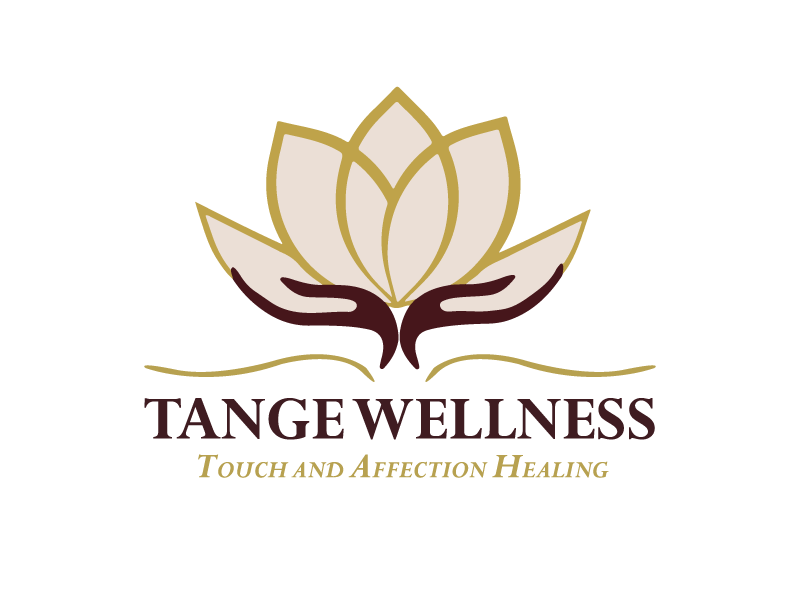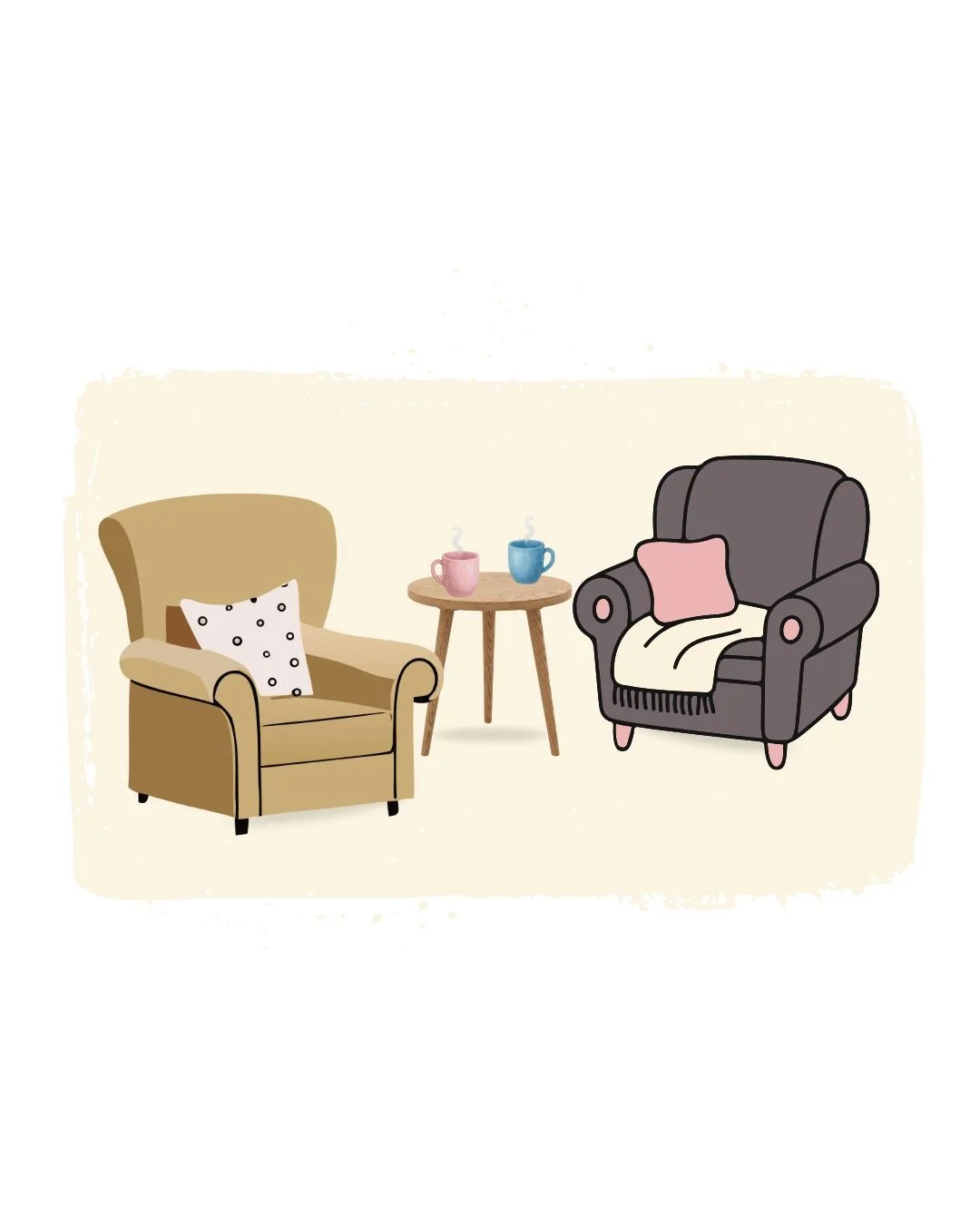What It Feels Like to Live Without Affectionate Touch
There’s a kind of loneliness that doesn’t show up in your calendar. Your week can be packed with work, groceries, gym, group chat buzzing, family and still your body feels like an empty room. You go days, weeks, months without being held in a way that asks nothing of you. No fixing. No performance. Just warmth, weight, and “I’m here.”
If that line already lives in your bones, this is for you.
Touch deprivation isn’t usually dramatic. It’s slow and typically goes undetected. It’s the way you tighten when someone lingers in a hug because you’re out of practice. It’s standing at your sink at 11:47 p.m., realizing no one has leaned into you all day. It’s getting good at caring for everyone else and forgetting your own skin is also so important.
It shows up in small choices. You start to minimize your needs thinking you’re fine. You make jokes about, not a hugger, when in reality, you are a hugger who forgot how. You scroll when you’re hungry for humans because the screen won’t reject or judge you. You convince yourself you don’t need tenderness (that’s needy), just productivity. However, when a stranger brushes your sleeve and your nervous system lights up like a switch you didn’t know was still wired.
When you live without positive, affectionate touch, your body becomes a museum exhibit: look, but don’t touch. You learn the art of self-containment. You become excellent at thinking about your feelings instead of somatically feeling them. You can be adored online and still come home to a quiet couch that never wraps around you.
Sometimes you get touch, but it comes with strings attached; a hand that wants something, a cuddle that’s a coupon for sex, affection that expires unless you earn it. Your body can’t relax into these demands. It clocks the transaction and stays on guard. Comfort and bracing at the same time is exhausting.
Here’s the tricky part: when safe touch finally arrives, it can feel weird. Your body doesn’t recognize it yet. Safety and comfort aren’t always twins. What’s familiar (lonely, armored, independent) can feel easier than what’s actually good for you (received, relaxed, seen). It takes practice to let the drawbridge down.
If you’re reading this and nodding, I want you to hear this clearly: nothing about you is broken. Your body adapted, protected you and it can unlearn these coping mechanisms.
One gentle place to start is structured, consensual, platonic touch in a setting where you don’t have to perform. In my practice, we build that slow, clear yes/no, time limits, check-ins and of course breaks. It’s necessary to give your body time to reorient. Sometimes it’s sitting side-by-side, letting your shoulder remember there’s a shoulder next to it. Sometimes it’s hand-in-hand for sixty seconds with a timer. Sometimes it’s a full, quiet hold where you breathe like you’ve got all the time in the world. In bidirectional therapeutic touch, you’re not a passive recipient; the connection goes both ways, consented to, and meant to feel good for both of us. It matters that your nervous system can trust what’s mutual.
If you prefer a tiny step first, try this tonight: place your palm flat over your heart and your other hand on your belly. Name five things you can see, four you can feel, three you can hear, two you can smell, one you can taste. Then ask yourself, “What kind of touch would be doable for one minute?” If the answer is “none,” that’s information, not failure. You are still here. Your body is listening.
Living without affectionate touch can make the world feel far away. Relearning touch in a safe, simple, pressure free way, brings it back within reach. Not all at once. Not perfectly. Just enough that you exhale and think, “Oh. This.”
If you want support, I’m here. We’ll go slow. We’ll keep consent at the front. We’ll help your body remember it belongs to you, first, and that being held can be ordinary again.




